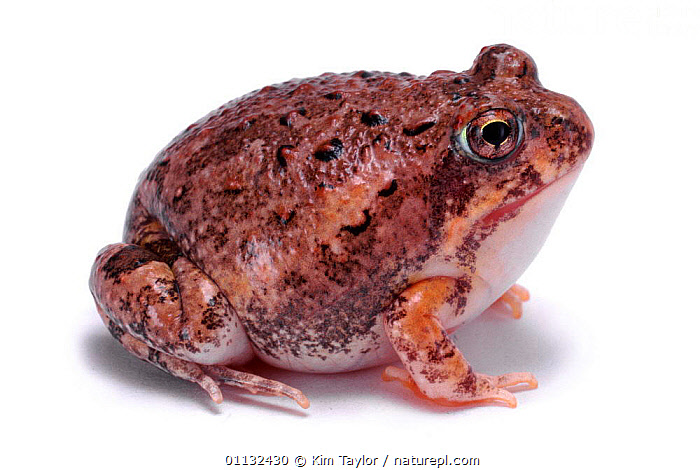Common Health And Wellness Issues in Reptiles: Signs and Solutions
In the detailed globe of reptile care, comprehending the typical health and wellness issues that may affect these unique animals is paramount in guaranteeing their health. From respiratory system infections that can silently hold to metabolic bone illness that can disable, reptiles are vulnerable to a variety of ailments that require keen monitoring and timely intervention. Whether it's facing parasitical invasions, navigating dehydration concerns, or addressing skin disorders that materialize in subtle means, being in harmony with the symptoms and equipped with the expertise of efficient solutions is important for any reptile proprietor. By diving further into the nuances of these health problems and discovering the functional remedies readily available, one can secure the health and vigor of these fascinating pets.
Respiratory Infections
Breathing infections in reptiles can substantially affect their overall health and call for timely attention from experienced vets. In reptiles, breathing infections can be especially challenging to detect and treat due to their distinct makeup and physiology.
Therapy for breathing infections in reptiles generally involves a mix of helpful treatment, such as preserving proper moisture levels and temperature slopes in the room, as well as targeted drug to attend to the particular pathogen liable for the infection. It is vital for reptile owners to check their pets very closely for any indicators of breathing distress and seek veterinary treatment at the earliest indication of a concern. With timely treatment and appropriate therapy, many reptiles can recoup completely from respiratory system infections and resume regular activities.

Metabolic Bone Condition
What factors add to the growth of Metabolic Bone Condition in reptiles?
Metabolic Bone Disease (MBD) in reptiles is mostly brought on by a lack of proper calcium, phosphorus, and vitamin D3 levels in their diet plan. When reptiles do not obtain ample calcium, either through their food or appropriate UVB exposure for vitamin D3 synthesis, they are at a high danger of creating MBD. Reptiles with diet regimens low in calcium or imbalanced calcium to phosphorus ratios are particularly vulnerable. Furthermore, poor direct exposure to UVB light protects against reptiles from manufacturing vitamin D3, which is crucial for calcium absorption and bone wellness.
Inadequate humidity degrees can also affect a reptile's ability to metabolize calcium successfully. Routine veterinary check-ups, correct husbandry methods, and a well balanced diet are essential to protect against Metabolic Bone Disease in reptiles.
Parasitical Infestations
Parasitical infestations present a significant wellness risk to reptiles, impacting their overall wellness and calling for prompt vet focus. Reptiles can be affected by different bloodsuckers, including termites, ticks, inner worms, and protozoa. These parasites can trigger an array of signs, such as weight loss, lethargy, skin inflammation, looseness of the bowels, and even death if left unattended.
One common parasite located in reptiles is the mite, which can cause skin stress and anxiety, irritability, and anemia. Ticks are one more outside bloodsucker that can send conditions and cause discomfort to the reptile. Internal bloodsuckers like worms and protozoa can result in digestive issues, poor nutrition, and deteriorate the reptile's body immune system.
To detect a parasitical problem, a vet might execute fecal examinations, skin scrapings, or blood examinations. Therapy usually involves deworming drugs, antiparasitic bathrooms, or in extreme situations, a hospital stay. Preventative procedures such as routine veterinary examinations, correct health, and quarantine procedures for new reptiles can help minimize the risk of parasitical problems and make certain the well-being of reptile family pets.
Dehydration and Hydration Issues
Dehydration in reptiles can significantly influence their wellness and wellness, requiring timely treatment and proper hydration administration. Reptiles are prone to dehydration as a result of numerous elements such as inadequate water consumption, high environmental temperatures, and particular health and wellness conditions. Signs and symptoms of dehydration in reptiles consist of sunken eyes, lethargy, loss of skin flexibility, and decreased peeing. If left unattended, dehydration can cause major wellness problems and even be fatal to the reptile.
To protect against Get More Info dehydration, reptile owners need to make sure that their pets have accessibility to tidy water in any way times. The water recipe ought to be huge enough for the reptile to take in if required, especially for types that soak up water through their skin. Furthermore, maintaining appropriate moisture degrees in the reptile's enclosure and giving regular baths can aid prevent dehydration.
In situations of dehydration, it is crucial to seek vet treatment promptly. A veterinarian might carry out fluids either orally or with shots to rehydrate the reptile. It is essential to deal with the underlying root cause of dehydration to stop recurrence and make sure the reptile's total wellness.
Skin Ailments

Conclusion
Breathing infections in reptiles can considerably influence their general health and need prompt focus from skilled vets (rain frog for sale). Preventative steps such as normal veterinary exams, proper health, and quarantine treatments for new reptiles can help decrease the threat of parasitical invasions and guarantee the wellness of reptile pet dogs
If left without treatment, dehydration can lead to serious health and wellness concerns and even be fatal to the reptile.
Regularly checking your reptile for any kind of changes in skin shade, look, or texture can aid in very early detection and therapy of skin conditions, advertising the total health and wellness of your scaly buddy. - rain frog for sale
In verdict, reptiles are vulnerable to various health problems such as breathing infections, metabolic bone illness, parasitical problems, dehydration, and skin disorders.